
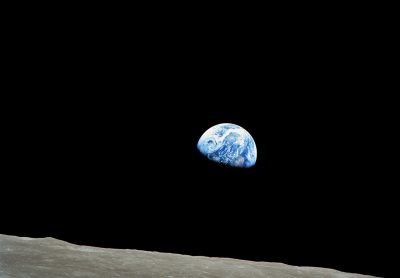
Determining the Earth-Moon system 2.46 billion years ago through Milankovitch cycles.
In perspective by Inge Loes ten Kate
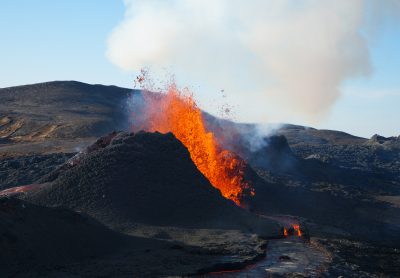
Oxygen brings stones to life
Oxygen is essential for life on Earth. Experiments by researchers now show that oxygen is also essential for melting rocks.

Sijbren Otto receives James Flack Norris Award in Physical Organic Chemistry
Prof. Sijbren Otto of the Stratingh Institute for Chemistry and member of the Steering Committee of the Origins Center Netherlands has been awarded the James Flack Norris Award in Physical Organic Chemistry.
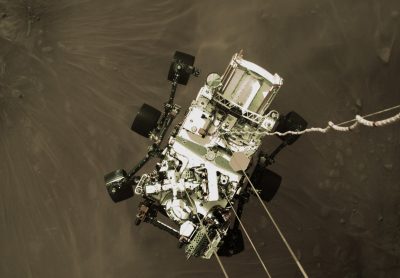
It is busy on Mars
Three space probes arrived at Mars this month. The United Arab Emirates sent a weather satellite. China sent a satellite and a rover that will land in three months. And last week, Mars rover Perseverance landed at the surface. It will work on the delta of an ancient river stream. Dutch researchers are Dutch researchers are at the tips of their seats...

Inside a cell, enzymes cannot go faster
Growth forms the heart of living cells. About 1,000 chemical reactions take place in a cell - this is what we also refer to as metabolism. Nutrients are converted into energy or building blocks for growth. Six research groups in Groningen have together received almost two million euros in funding from NWO for research into the limitations of growth. In the coming years, they will try to discover why exactly metabolism cannot go any faster.
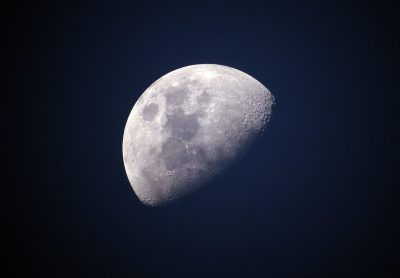
New rock samples collected from the moon
De Chinese maanmissie Chang’e-5 brengt komende week 2 kilogram van de jongste maangesteenten naar de aarde. “Er wordt reikhalzend uitgekeken naar deze nieuwe monsters omdat ze ons veel kunnen vertellen over de vorming van de aarde en de maan."
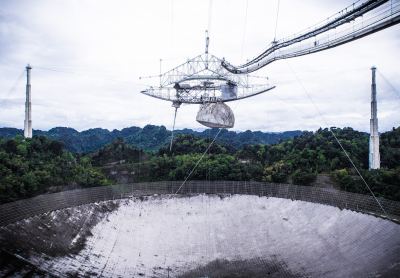
In memoriam: Arecibo radio telescope 1963–2020
The Arecibo telescope is one of the most famous telescopes in the world. In the last few days, Arecibo's iconic radio telescope has completely collapsed. Earlier this year, the telescope was so badly damaged that it was decided to demolish it.
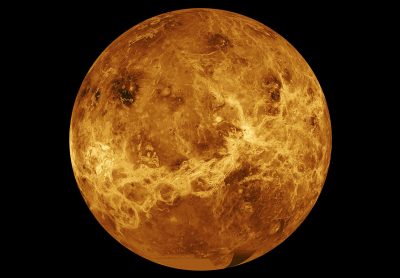
Astronomers find phosphine in Venus atmosphere. What's Next?
British and American researchers have detected phosphine in the acidic cloud cover of our neighboring planet Venus. Does this mean that there is life on Venus? The work of Dutch researchers affiliated with the Origins Center connects directly to this discovery in the Venus atmosphere.
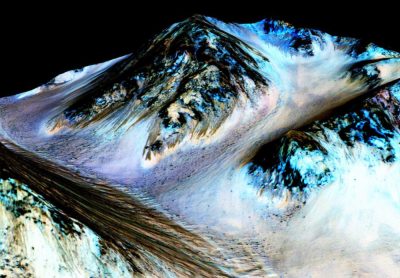
Life on other planets: closer than you think?
Are we alone in the universe? Or is there life on other planets as well? There are many television series, films and books about this, but scientists are also working to find answers. Astrobiologist Floris van der Tak investigates places with the greatest chance of life. But can we ever go there? (Dutch)


